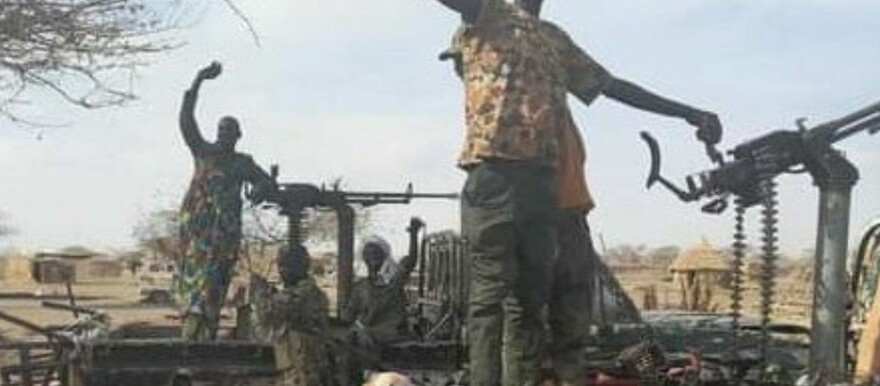At least 166 civilians have been killed and 237 injured in the last four months as clashes have intensified in South Sudan’s Upper Nile State, a UN official revealed.
The violent clashes are reportedly between armed elements and between rival community-based militias.
The conflict is a continuation of fighting that started on 15 August in the Tonga area of Upper Nile State and has since spread to other parts of the state and areas of Jonglei and Unity states.
In a statement seen by Radio Tamazuj today, UN High Commissioner for Human Rights Volker Türk said over 20,000 people have been displaced due to the violence in Upper Nile State since August.
Türk said he was appalled by attacks against civilians by armed elements amid a surge in violence in the region and urged authorities and community leaders to act urgently to end the bloodshed.
Reports indicate random shooting of civilians, according to the statement.
“These killings, along with reports of gender-based violence, abductions, destruction of property and looting, are severe human rights violations and abuses and must stop,” said Türk.
“It is important that the Government of South Sudan conducts a prompt, thorough and impartial investigation into the violence and brings all those responsible to account in accordance with international law,” the UN Human Rights Chief added.
According to reports, civilians have been subjected to forced displacement by the threat of violence, and the increased insecurity has slowed the delivery of urgent, life-saving humanitarian support.
“I urge those perpetuating this senseless violence to lay down their weapons and to engage in dialogue to address any grievance peacefully,” said Türk.
Türk expressed serious concerns that the violence risked spreading beyond the region and urged the authorities to act swiftly to de-escalate the tension and to provide protection to the affected communities.
He also called on community leaders and elders to use their influence over the groups involved in the violence to end the bloodshed.




